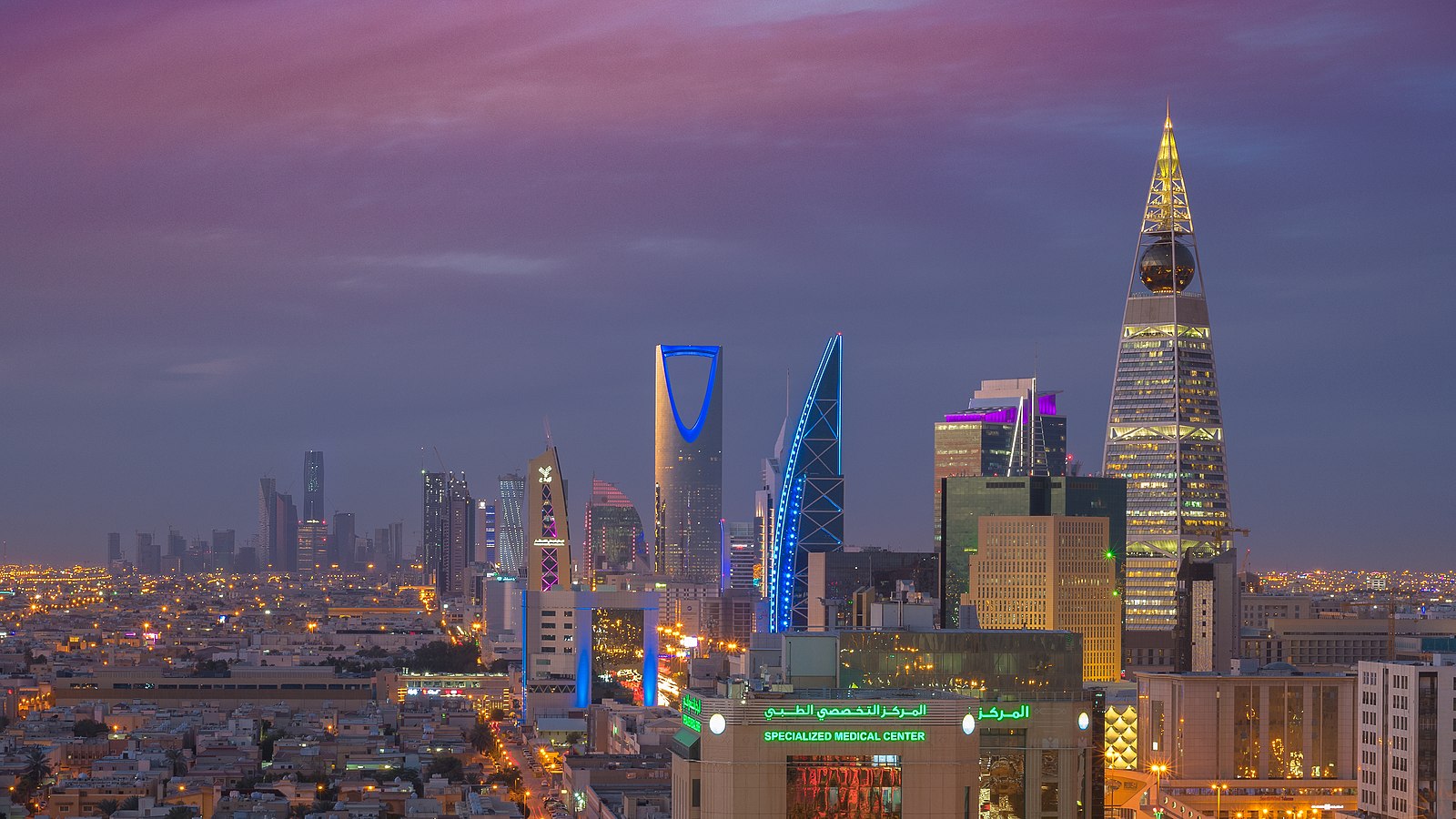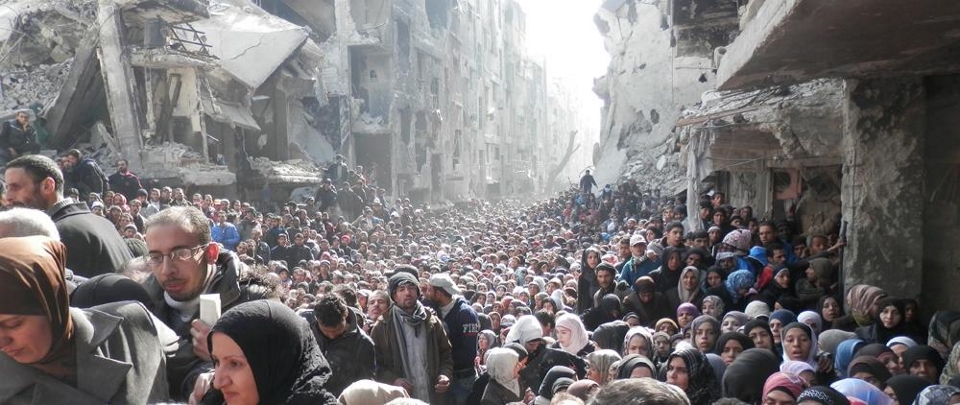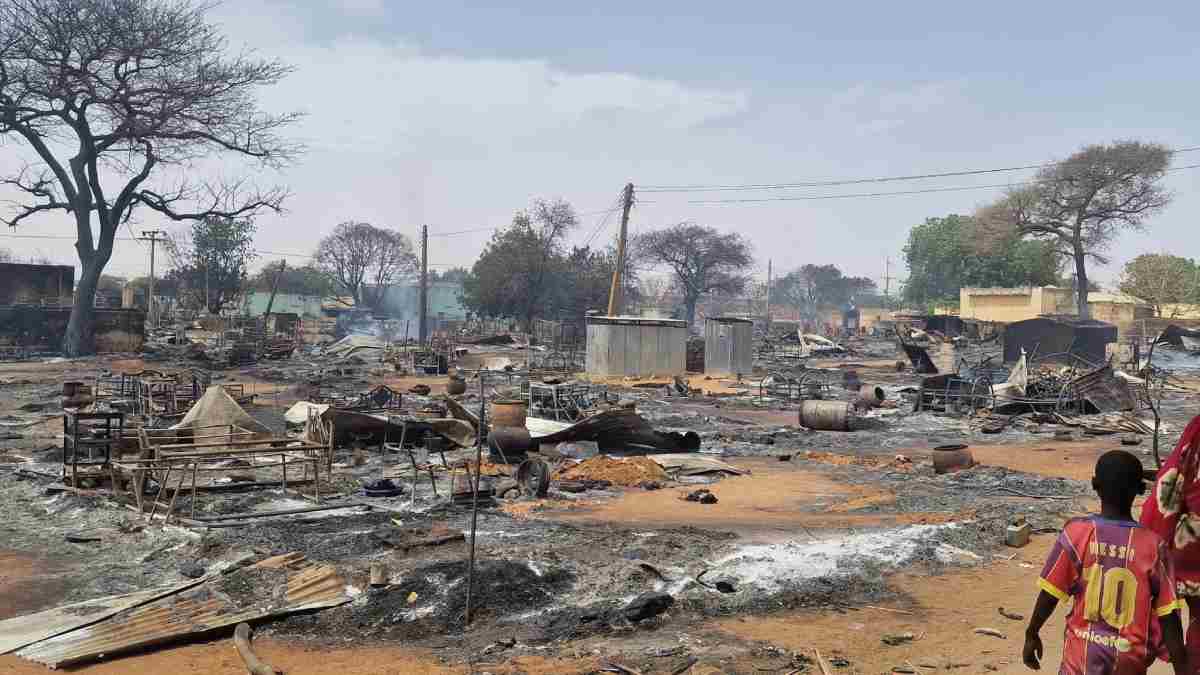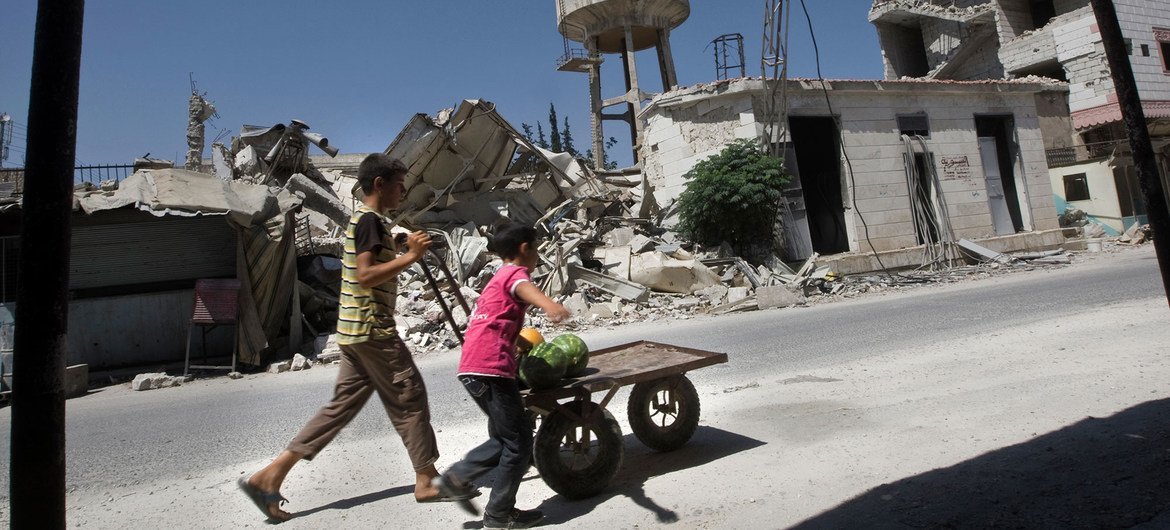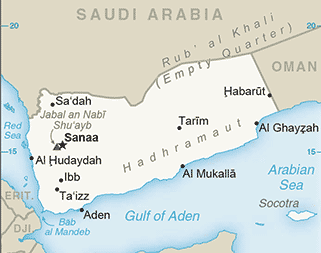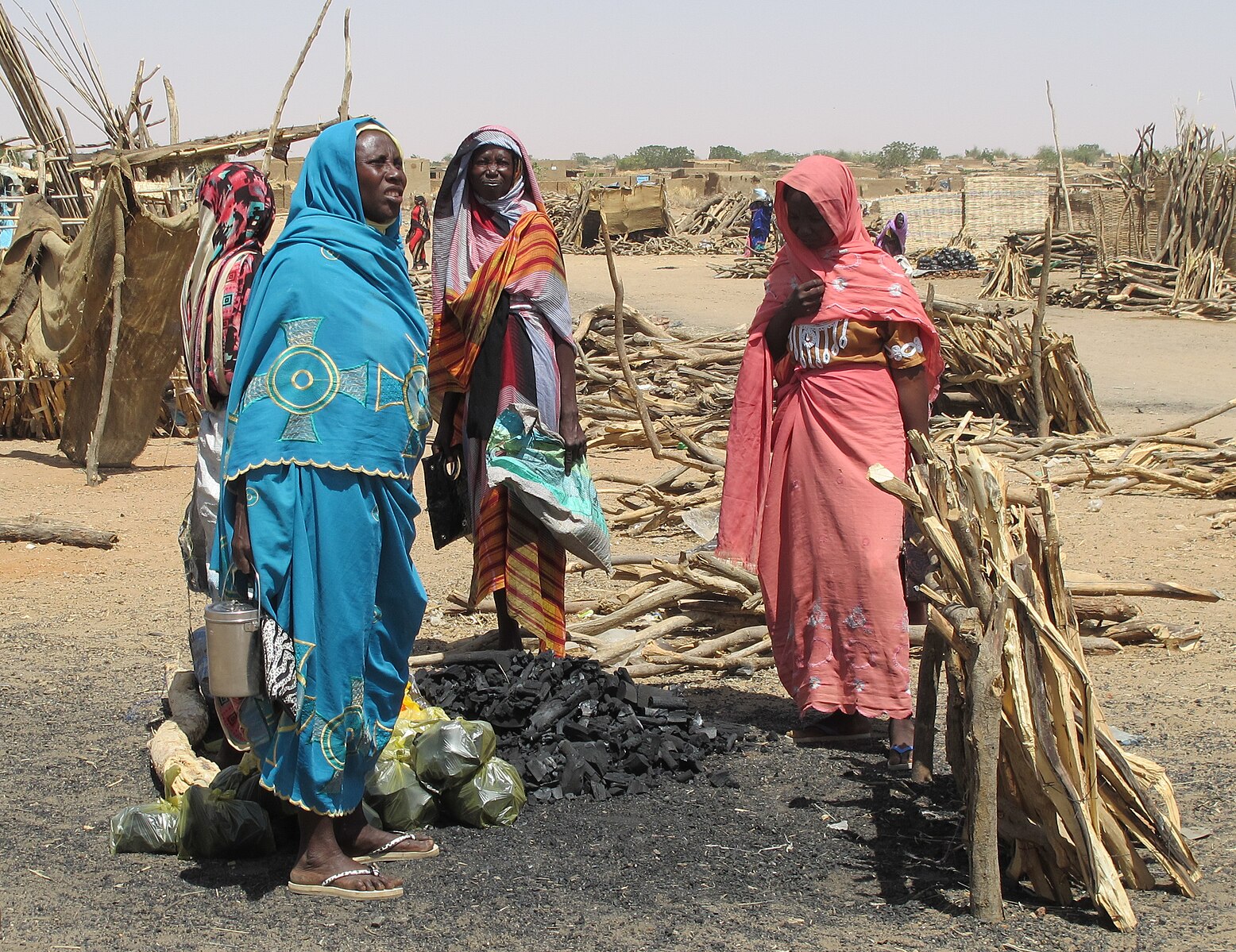
Russia vetoes UN resolution on Sudan ceasefire
Russia vetoed a United Nations Security Council resolution aimed at protecting civilians in Sudan amid the country’s ongoing conflict. The resolution, which called on the warring factions to cease hostilities and engage in dialogue in good faith, was blocked despite widespread support—including from China, which frequently votes in a bloc with Russia. Introduced by the United Kingdom and Sierra Leone, the draft resolution demanded that the Sudanese Armed Forces (SAF) and Rapid Support Forces (RSF) honor and fully implement their pledges in the “Declaration of Commitment to Protect the Civilians of Sudan,” which was signed by both sides in Jeddah, Saudi Arabia, in May 2023. Russia said the resolution did not sufficiently respect Sudan’s sovereignty in justifying its veto, which was assailed by international human rights organizations. Sudan’s government rejected the resolution for failing to condemn the United Arab Emirates for backing the RSF—an accusation the UAE has consistently denied. (Photo: Roman Deckert via Wikimedia Commons)



